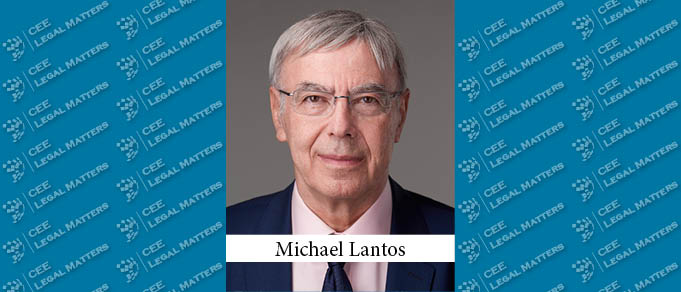This report has the purpose of shedding light on the most important developments in the field of obtaining and enforcing Intellectual Property rights in Hungary in 2020.
Concerning patents, an amendment to Hungary’s Patent Law has brought about a change in filing applications in Hungary in foreign languages. Previously the Hungarian Intellectual Property Office (HIPO) started action only after a Hungarian translation of the specification was filed, which was required to occur within four months of the filing date. According to the amendment, the term for filing the Hungarian translation was changed from four months to a full year, and (for only USD 400) applicants can request a preliminary search and written opinion on patentability based on an English specification. The search and resulting opinion must be provided by HIPO, in English, in less than eight months.
This is a major step forward, as in Hungary there are numerous foreign companies that need to protect their inventions, and following this new amendment they can start their first filing in Hungary and receive an opinion of patentability well before the expiration of the priority year.
This has proven a good amendment, benefitting not only foreign-owned companies with local R&D activities, but also many foreign companies with no enterprise in Hungary, as this service is so cheap and reliable and efficient that it has attracted wide attention.
A further event worth mentioning is the effect of the pandemic on the country. The HIPO has authorized its staff to work partly from home, electronic filing has become more common, and certain services which were previously available only through personal consultation have now been made available online. The application of official terms has become less strict in certain periods of Hungary’s State-of-Emergency. Regulations concerning compulsory licenses were slightly changed to eliminate any potential problems arising from a vaccine’s enjoyment of patent protection that would block wide-range use. To my knowledge this part of the law has not been put into practice so far.
In the enforcement of IP-related court cases the basic amendment to the Law on Civil Procedures, introduced in 2019, has had a great impact. The amendment, which was designed to speed up prosecutions, has imposed a number of new obligations on parties, which means that preparation for a lawsuit has to be made in a very comprehensive and thorough way, and that parties have limited opportunities to submit arguments. This has brought about a decrease in the number of cases, but hopefully, as lawyers become more familiar with these new procedural rules, the initially-envisaged shortening of the length of the proceedings will finally prevail.
Enforcement of IP-related laws takes place at the Metropolitan Court of Budapest (a competent first instance IP court with two special IP chambers), and second instance proceedings are dealt with at a single appeal court – the Appeals Court (Table Court) of Budapest. All parties may turn to the Curia (the Supreme Court of Hungary) by means of a so-called “supervisory petition” to challenge a ruling of law made by the appeals court. In practice the Curia has accepted almost all such petitions, so instead of a two-instance proceeding, in fact there is a three-instance proceeding, which has drawn out the process significantly. Under the provisions of a new amendment, however, such “supervisory proceedings” will be possible only in cases where the value of the proceeding is beyond a high limit, which will eliminate this delay. Additional amendments in the IP field designed to further improve the enforcement of IP rights are under consideration by the legislators, and the main one involves a proposed amendment, potentially uniting the current system, in which status cases are considered under separate proceedings from infringement cases.
Other issues concern the further modernization of the utility model system.
By Michael Lantos, Patent Attorney, Danubia Patent & Law Office
This Article was originally published in Issue 8.2 of the CEE Legal Matters Magazine. If you would like to receive a hard copy of the magazine, you can subscribe here.




